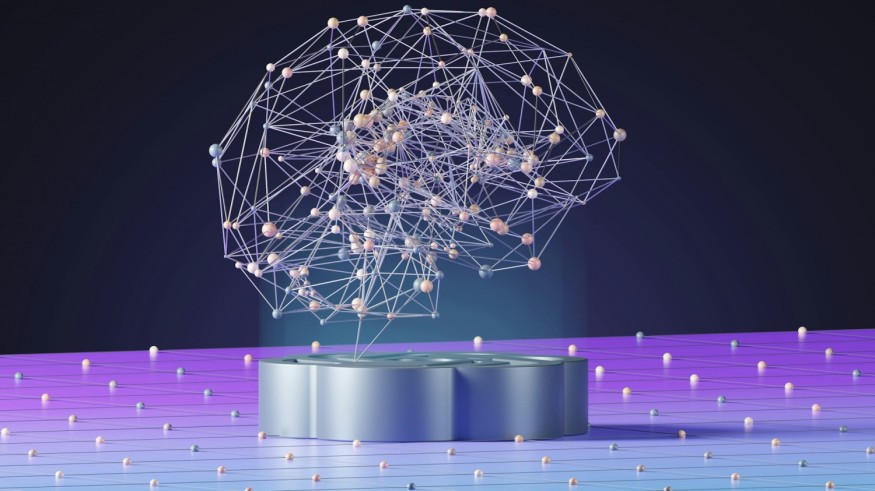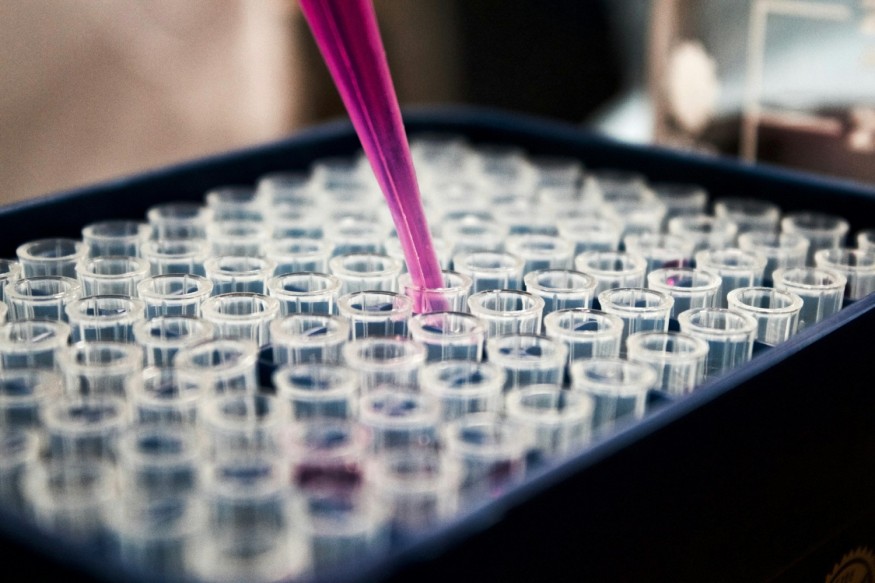
Artificial Intelligence (AI) is changing medicine in several ways. It is being used for everything from generating shift schedules for nurses to reading X-rays and MRIs. Alzheimer's might not be the first condition that comes to mind that can be aided by the implementation of artificial intelligence; ask anyone with an AGPCNP post-masters certificate, and they'll gladly tell you that the genes responsible for Alzheimer's can be found by taking a DNA test.
But it's not always that simple. A real case of Alzheimer's has to be diagnosed to strict standards using a wide range of tests and assessments, and since it does not always follow a straightforward progression, the application of the wide-ranging criteria can sometimes be a matter of opinion. Luckily, new research shows that AI can help make that decision clearer in many cases.
Early and Accurate Detection

One of the primary applications of AI in healthcare has been reading and detecting visual patterns in scans that might help detect diseases—in some cases, before they even show strong symptoms. This is accomplished by "training" the AI using large volumes of scans of particular conditions, allowing it to isolate the common patterns in those scans and how they differ from normal, healthy scans. These machine-learning techniques have shown great potential and have the ability to help detect signs of Alzheimer's in the brain structures of patients as they appear in MRIs up to 20 years before the onset of symptoms.
More recently, diffusion models have shown promise in medical tasks. The AI known as Stable Diffusion has been trained to do similar image recognition and pattern detection tasks in an even more efficient manner, using less training time and fewer examples while producing more accurate results. Two of the major bottlenecks in AI development are the intensity and magnitude of computing power required to perform the complex calculations necessary to build and operate AI models and the large amounts of data and energy needed for this process. This more efficient AI algorithm shows great promise and might be able to improve upon the promising results that other AI models have shown in visually diagnosing Alzheimer's thus far using MRIs and other scans.
Big Data

AI is trained by feeding it lots and lots of data. Luckily, that's exactly what's involved in detecting Alzheimer's—sometimes too much data for doctors to consider properly and accurately in aggregate. That's where deep learning AI comes in—looking at large volumes of data is exactly what it was designed for. Early studies are now showing that, by analyzing a series of biomarkers generated by the interactions of a patient's genetics and lifestyle, a specially trained AI can help doctors understand the consequences of a patient's lifestyle on their long-term health and help recommend lifestyle changes that might reduce their odds of having symptoms later in life, or at least reduce their severity somewhat.
Patients with incipient Alzheimer's often develop amyloid plaques and other signs like irregular hippocampal volume; this study has revealed that certain patterns of biomarkers, recognizable by AI, can predict the formation of these symptoms and are directly correlated with the biological makeup of Alzheimer's patients who develop them. Keshan Wang, the professor leading this study, says, "Alzheimer's disease may start years or even decades before clinical symptom onset, therefore it is crucial to identify predictive biomarkers in the preclinical stage so medical science can develop strategies to prevent the progression of the disease."
Finding a Cure

It's often said that an ounce of prevention is worth a pound of cure. That might be true, but sometimes, it's just too late. Finding a cure for Alzheimer's would benefit not only patients trying to avoid such a tragic future but also those who are already suffering or showing early symptoms. Luckily, drug development is yet another area where AI has shown great promise.
Just like diagnosing Alzheimer's, developing new drugs requires analyzing lots of data. Clinical trials can be extremely expensive, and any technique that might speed them up or reduce the amount of testing involved could potentially save untold lives. Luckily, Aman Chandra Kaushik et al. are already ahead of the game. This ingenious group of researchers has already implemented the use of deep neural networks in their research of amyloid-beta-inhibiting gold nanoparticles.
Not only have they used AI trained on biological interactions and chemical compounds to scan existing research to find potential candidates for compounds that might inhibit the development of amyloid-beta proteins (a high concentration of which is one of the theorized early signs of Alzheimer's), they've also used AI-driven simulations to test wgx-50-AU-Nps, a synthesized drug comprised of gold nanoparticles and compounds derived from Sichuan peppers. The study shows some promise—we can only hope that it will someday produce a cure.
AI continues to make vast impacts on our society and enable capabilities that we might have only dreamed of just a few years ago. Who knows—maybe it will even cure Alzheimer's someday. In the meantime, it certainly helps us detect it earlier and devise treatment plans to minimize symptoms in those diagnosed.










